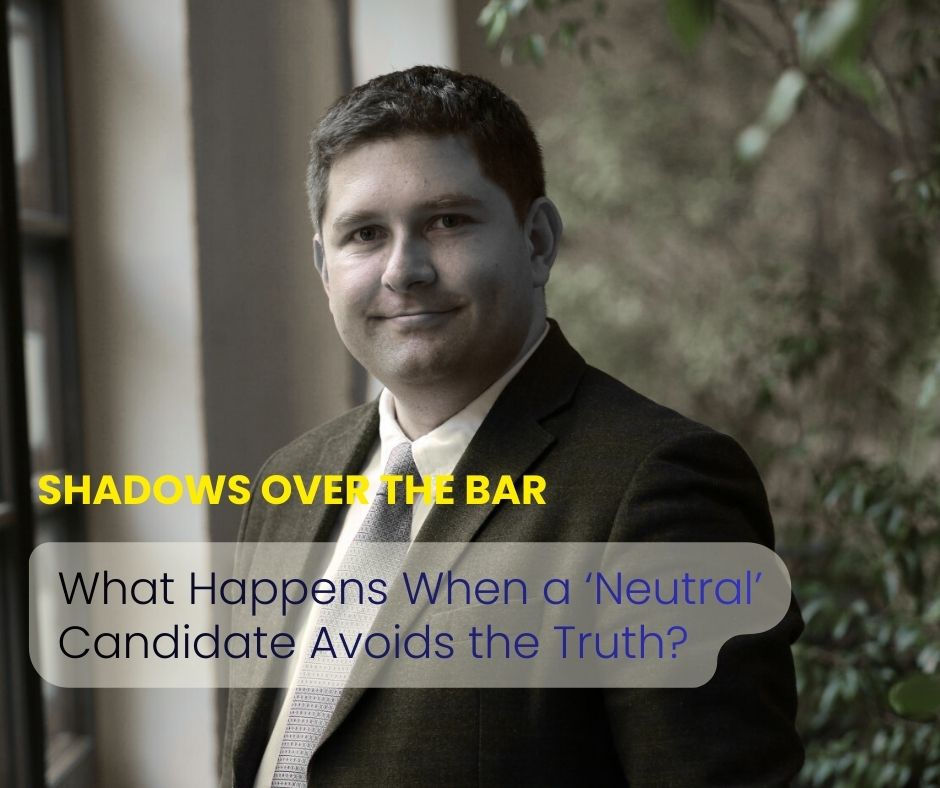The AfD and the “Georgian Dream” in unison with sovereignty rhetoric
- Nina Tifliska

- Jun 7, 2025
- 3 min read
Updated: Jun 8, 2025
In the current information war in Georgia, the focus is no longer just on one country – but on an entire system of thought. In our article "Information War and Geopolitical Shifts in Georgia," we already showed how the ruling Georgian Dream party is attempting to reinterpret reality with the help of orchestrated propaganda. But this is not a Georgian phenomenon alone: The slogans bear a striking resemblance to those of the German AfD.
One could almost believe that Alexander Gauland had been a guest in the Georgian parliament – or vice versa.
The West as Enemy: Sovereignty Myths of Both Parties

Both parties—the AfD in Germany and GD in Georgia—portray themselves as defenders of "national sovereignty" against an allegedly invasive EU and Western values. The AfD states in its party platform:
“The EU is a bureaucratic monster that undermines our national sovereignty.” AfD platform (2017)
And what does GD say?
"The opposition is controlled by foreign forces that seek to undermine our national sovereignty." LibMod on the passage of the spy law in Georgia
In both cases, foreign countries are to blame. Not corruption, not abuse of power, not nepotism – but Brussels, Berlin, or Washington.
The enemy of my enemy: Russia as a partner

Tino Chrupalla (AfD) puts it openly:
"We demand an end to sanctions against Russia and a return to normal relations." Correctiv research on the AfD's proximity to Russia
In Georgia, the geopolitical code for this is "strategic patience." Shalva Papuashvili, Speaker of the Parliament, said:
"We rely on strategic patience and reject sanctions against Russia in order to preserve our geopolitical stability." SWP report on the Directorate-General for Foreign Policy
Neutrality, which reads as strikingly pro-Russian – that too is a unifying element.

The church as the last defensive wall

Both parties also march in lockstep when it comes to religious policy. The AfD calls itself the "defenders of the Christian West":
“We stand for the preservation of the Christian West.” Herder analysis of the AfD
The Georgian Dream declares Orthodoxy to be state doctrine:
“The Georgian Orthodox Church is the foundation of our national identity and values.” quoted from watson.de
Two countries, one faith – at least when it comes to political benefits.

Anti-democratic narratives as a power technique
The defamation of protest movements is another common thread. Matthias Moosdorf (AfD) draws parallels:
“The spiral of violence in Georgia is reminiscent of events in Ukraine in 2014.” AfD blog post
What the AfD calls a "Maidan nightmare" is a "US-planned coup attempt" for the Georgian Dream. Protesters are labeled as extremists – a pattern that can be traced in detail in our article on information warfare .
The propaganda channel runs on all frequencies
The proximity of both parties to media manipulation is documented. The AfD instrumentalizes social networks like X , while Imedi TV in Georgia functions as a de facto government broadcaster. For example:
“The grumbling of Western governments about Elon Musk is ironic.” Imedi report on Western criticism
The wording is a PR masterpiece: devaluing criticism through ridicule.
Transnational alliance against the West?
You don't have to be a conspiracy theorist to recognize structural parallels here: The AfD and GD present themselves as bastions of national purity against a supposedly decadent, foreign-controlled West. Religion, fear, national pride—everything is exploited to secure power.
This ideological symbiosis is systematic—and no coincidence. One party wants to lead Germany out of the EU. The other is sabotaging Georgia's path to EU membership by any means necessary.
What do the AfD and Georgian Dream have in common?Both parties rely on anti-Western rhetoric, emphasize national sovereignty, reject sanctions against Russia, and instrumentalize religion for political purposes.
Why is the closeness between the AfD and Georgian Dream dangerous?Because it reinforces authoritarian narratives, promotes disinformation, and undermines democratic structures — both in Germany and in Georgia.
How do the AfD and GD spread their propaganda?Through party-aligned media, social networks, manipulative rhetoric, and the creation of enemy images that portray the West as a threat.
Is Georgia becoming a second Hungary?If GD continues on its current political course, that scenario cannot be ruled out. Georgia’s prospects for EU membership are certainly drifting further away.
What can Europe do about it?Use clear language, impose targeted sanctions on those responsible, support independent media — and finally show consistency in EU neighborhood policy.





Comments